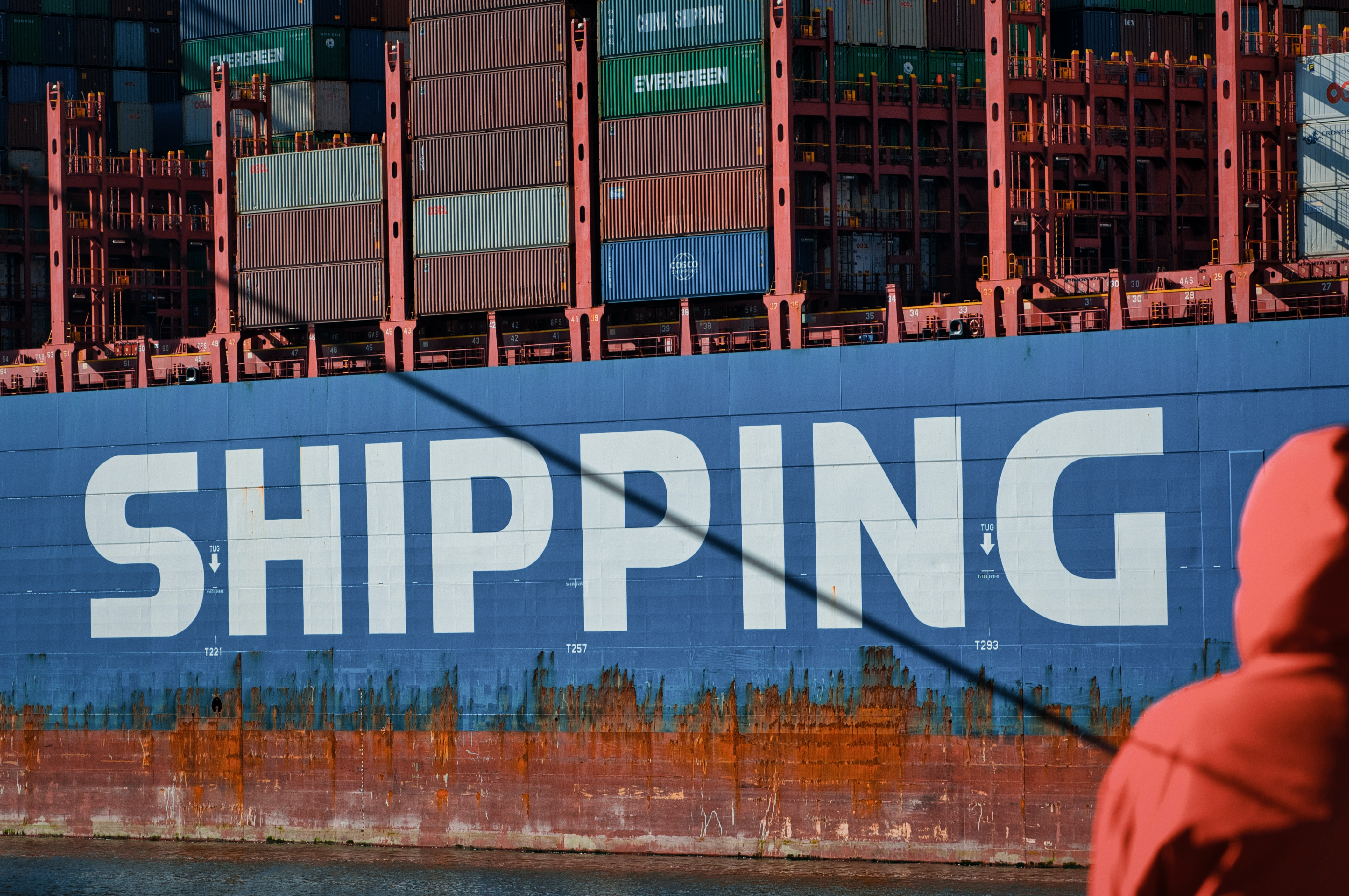
International Commercial Terms
An Overview of Incoterms® 2020
Incoterms®, short for International Commercial Terms, are a set of 11 individual rules issued by the International Chamber of Commerce (ICC). These terms define the responsibilities, risks, and costs associated with the transportation and delivery of goods in international trade. It's important to note that each term has its specific applicability and conditions, and it is crucial to clearly define the chosen Incoterms® in contracts to avoid confusion and disputes. Incoterms® specify various obligations and rights of buyers and sellers, including:
- Delivery Point: They determine the point at which the seller's responsibility for the goods ends and the buyer's responsibility begins. This includes terms like EXW (Ex Works), FCA (Free Carrier), and CPT (Carriage Paid To).
- Transport: They define who is responsible for transportation and associated costs. Terms like FOB (Free on Board), CIF (Cost, Insurance, and Freight), and DAP (Delivered at Place) are used to indicate different levels of responsibility.
- Risk and Insurance: They outline when the risk of loss or damage to the goods transfers from the seller to the buyer. Terms like CFR (Cost and Freight) and CIP (Carriage and Insurance Paid To) indicate the point of transfer.
The Incoterms® 2020 rules are updated and grouped into two categories reflecting modes of transport. Of the 11 rules, there are seven for ANY mode(s) of transport and four for SEA or LAND or INLAND WATERWAY transport.
The seven Incoterms® 2020 rules for any mode(s) of transport are:
- EXW - Ex Works (insert place of delivery)
- FCA - Free Carrier (Insert named place of delivery)
- CPT - Carriage Paid to (insert place of destination)
- CIP - Carriage and Insurance Paid To (insert place of destination)
- DAP - Delivered at Place (insert named place of destination)
- DPU - Delivered at Place Unloaded (insert of place of destination)
- DDP - Delivered Duty Paid (Insert place of destination).
Note: the DPU Incoterms® replaces the old DAT, with additional requirements for the seller to unload the goods from the arriving means of transport.
The four Incoterms® 2020 rules for Sea and Inland Waterway Transport are:
- FAS - Free Alongside Ship (insert name of port of loading)
- FOB - Free on Board (insert named port of loading)
- CFR - Cost and Freight (insert named port of destination)
- CIF - Cost Insurance and Freight (insert named port of destination)
What is the difference between ‘Freight Collect’ and ‘Freight Prepaid’?
Freight Prepaid and Freight Collect are terms that can commonly be used between buyers and sellers when discussing international freight.
When a seller mentions ‘Freight Collect’, they refer to one of the four Incoterms® that require the buyer to collect and pay all freight charges. The Incoterms® associated with Freight Collect are:
- EXW – Ex Works or Ex-Warehouse
- FCA – Free Carrier
- FAS – Free Alongside Ship
- FOB – Free on Board
Freight Prepaid indicates the seller will pay for the freight charges. The remaining seven Incoterms® consist of Freight Prepaid:
- CFR – Cost and Freight
- CIF – Cost, Insurance & Freight
- CPT – Carriage Paid To
- CIP – Carriage and Insurance Paid To
- DAP – Delivered At Place
- DPU – Delivered At Place Unloaded
- DDP – Delivered Duty Paid
What types of insurance is a seller required to obtain when shipping under CIF and CIP Incoterms®?
Two International Commercial Trade Terms require the seller to purchase insurance on the cargo prior to shipment. These two terms are CIF and CIP. Each of these terms has unique requirements for the type of insurance a seller must obtain.
- CIF, or Cost, Insurance & Freight requires an insurance policy with the minimum cover of the Institute Cargo Clause (C).
- CIP, or Carriage & Insurance Paid To requires an insurance policy with a minimum cover of the Institute Cargo Clause (A).
